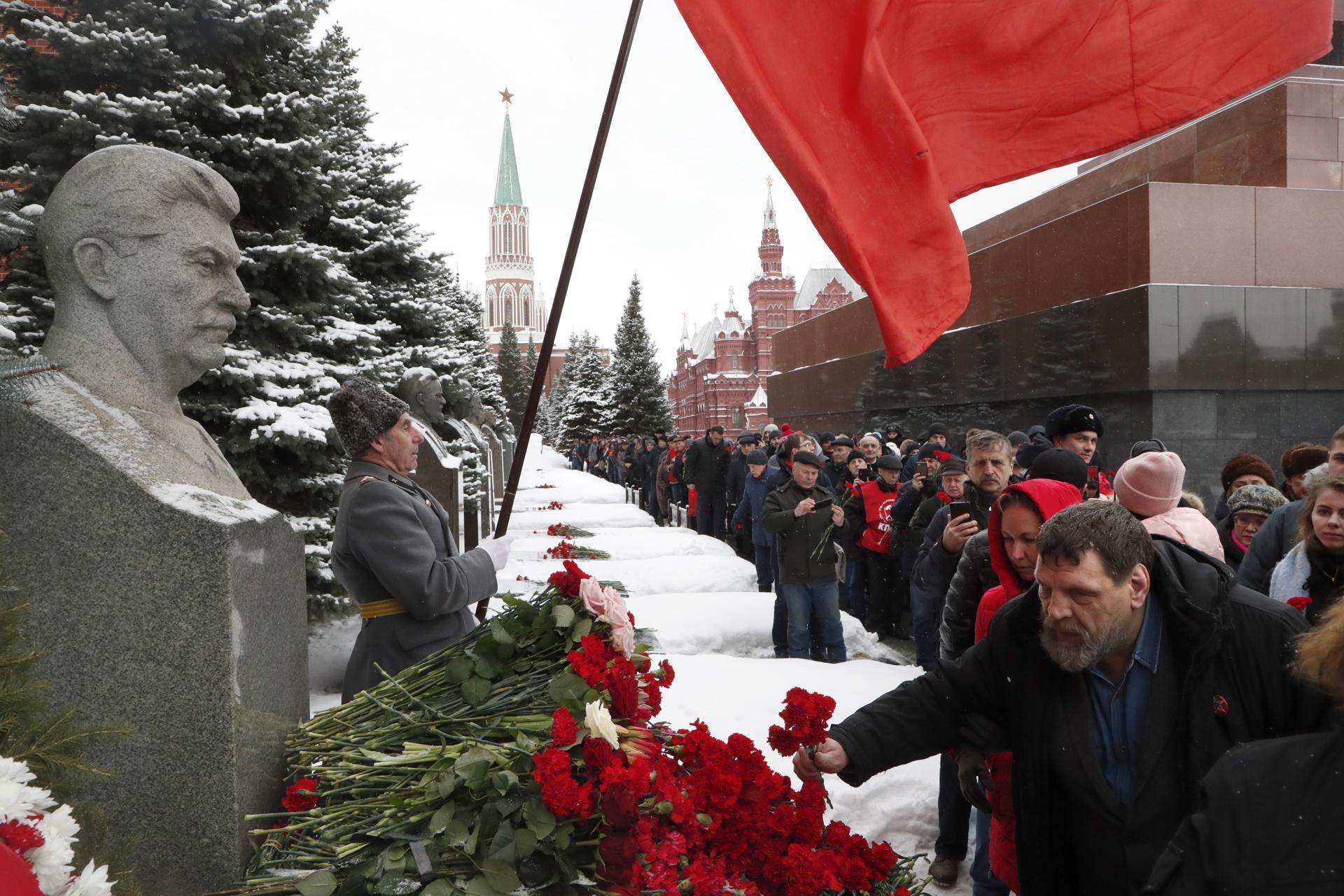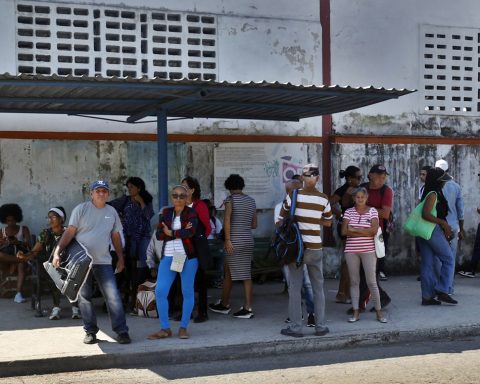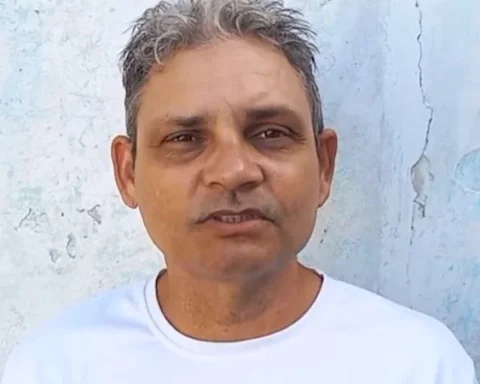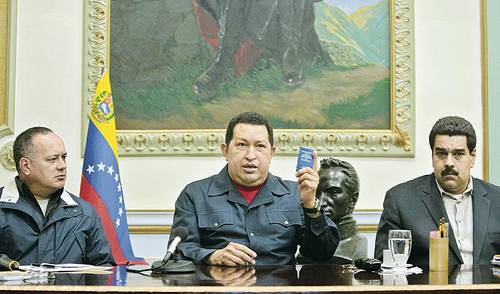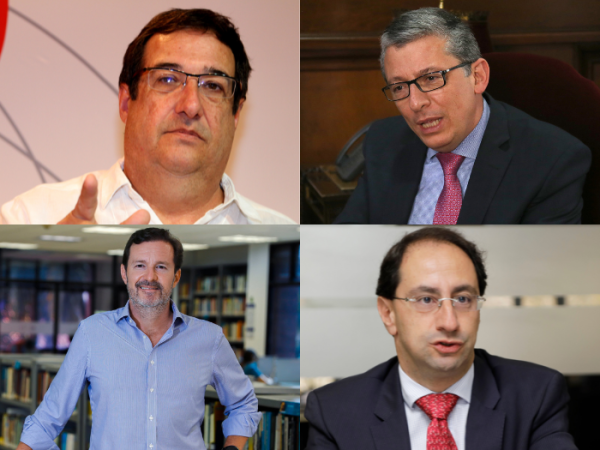Stalin’s death occurred 70 years ago and in Moscow, as in the rest of Russia, the memory of the Soviet leader is ambivalent: some consider him a competent despot, others see him as a bloodthirsty leader.
Despite the low temperatures, this Sunday more than a thousand of his admirers gathered in Moscow’s Red Square to lay flowers at his grave, located on the Kremlin walls. the photos of efe leave testimony of the moment.
☭ Stalin ruled the Soviet Union with an iron fist for more than three decades, but some did not hesitate to confront him. https://t.co/ccUriA3A88
– BBC News World (@bbcmundo) March 5, 2023
According to a report from another agency, AFPsome carried red flags of the Soviet Union and others portraits of the implacable leader born in Georgia in 1878 with the name of Iosif Dzhugashvili.
Stalin came to power in the 1920s and died on March 5, 1953. During that time he transformed the USSR into a grand totalitarian state, ordered a cult of his own personality, had hundreds of thousands executed, and sent the gulag to million more, recalls the French media.
But some Russians still defend it. According to them, it made the USSR a fundamental superpower in the defeat of Nazism in 1945. A victory that today is celebrated in Russia with bellicose pomp.
And the memory of Stalin has gained relevance in the midst of the offensive in Ukraine, the French agency points out.
With the operation launched by Vladimir Putin it is seen in kyiv and in the West as an epitome of Stalinist imperialism. In addition, the repression against the detractors of the Kremlin is reminiscent of Soviet methods.
Using a rhetoric that refers to the Stalinist era, the Russian power increasingly calls for the persecution of “traitors” or “foreign agents” who oppose the conflict in Ukraine.
Unlike the creator of the USSR, Lenin, whose statues are still present in the country’s cities, the authorities have not planned, for now, to reinstall monuments dedicated to Stalin, dismantled after his death and at the beginning of the “de-Stalinazion” policy. ”.
But, they have not objected to the fact that groups of militants, often related to the Communist Party, have inaugurated some monuments in honor of their “comrade”.
In early February, a bust of Stalin was installed in Volgograd, formerly called Stalingrad, to celebrate the decisive Soviet victory in this city.
The Kremlin does not deny Soviet repression, but minimizes it in schools and the state press, portraying it as a tragedy with no real culprit. In parallel, it glorifies the geopolitical and military power of the USSR, points out the report of the French agency.
